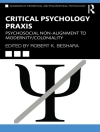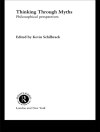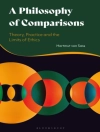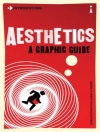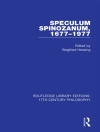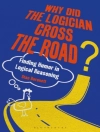Since the nineteenth century, moral philosophy in the Western world has been dominated by utilitarianism, Kantianism, and relativism. Only a few philosophers have been able to escape from this Procrustean bed. Foremost among these few is Nicolai Hartmann (1882-1950). Together with Henri Bergson and Martin Heidegger, Hartmann was instrumental in restoring metaphysics. Hartmann’s metaphysics differs markedly from that of both Bergson and Heidegger, in his indebtedness to Plato.In 1926, Hartmann published a massive treatise, Ethik, which was translated into English by Stanton Coit and published as Ethics in 1932. Ethics is probably the most outstanding treatise on moral philosophy in the twentieth century. The central concept of the book is ""value."" Drawing upon the pre-modern view of ethics, Hartmann maintains that values are objectively given, part and parcel of the order of being. We cannot invent values, we can merely discover them.The first part of Ethics is concerned with the structure of ethical phenomena and criticizes utilitarianism, Kantianism, and relativism as misleading approaches. After some introductory thoughts concerning the competence of practical philosophy, Hartmann discusses the essence of moral values, including their absoluteness and ideal being, and the essence of the ""ought."" Hartmann is both controversial and compelling. He provides a moral philosophy that rejects the subjectivism of the ruling approaches, without taking recourse to older theological notions on the foundation of the ethical. In sum: Hartmann’s Ethics constitutes an impressive and preeminent contribution to moral philosophy.
Nicolai Hartmann
Moral Phenomena [PDF ebook]
Moral Phenomena [PDF ebook]
Achetez cet ebook et obtenez-en 1 de plus GRATUITEMENT !
Langue Anglais ● Format PDF ● Pages 358 ● ISBN 9781351504645 ● Maison d’édition Taylor and Francis ● Publié 2017 ● Téléchargeable 3 fois ● Devise EUR ● ID 5323110 ● Protection contre la copie Adobe DRM
Nécessite un lecteur de livre électronique compatible DRM


